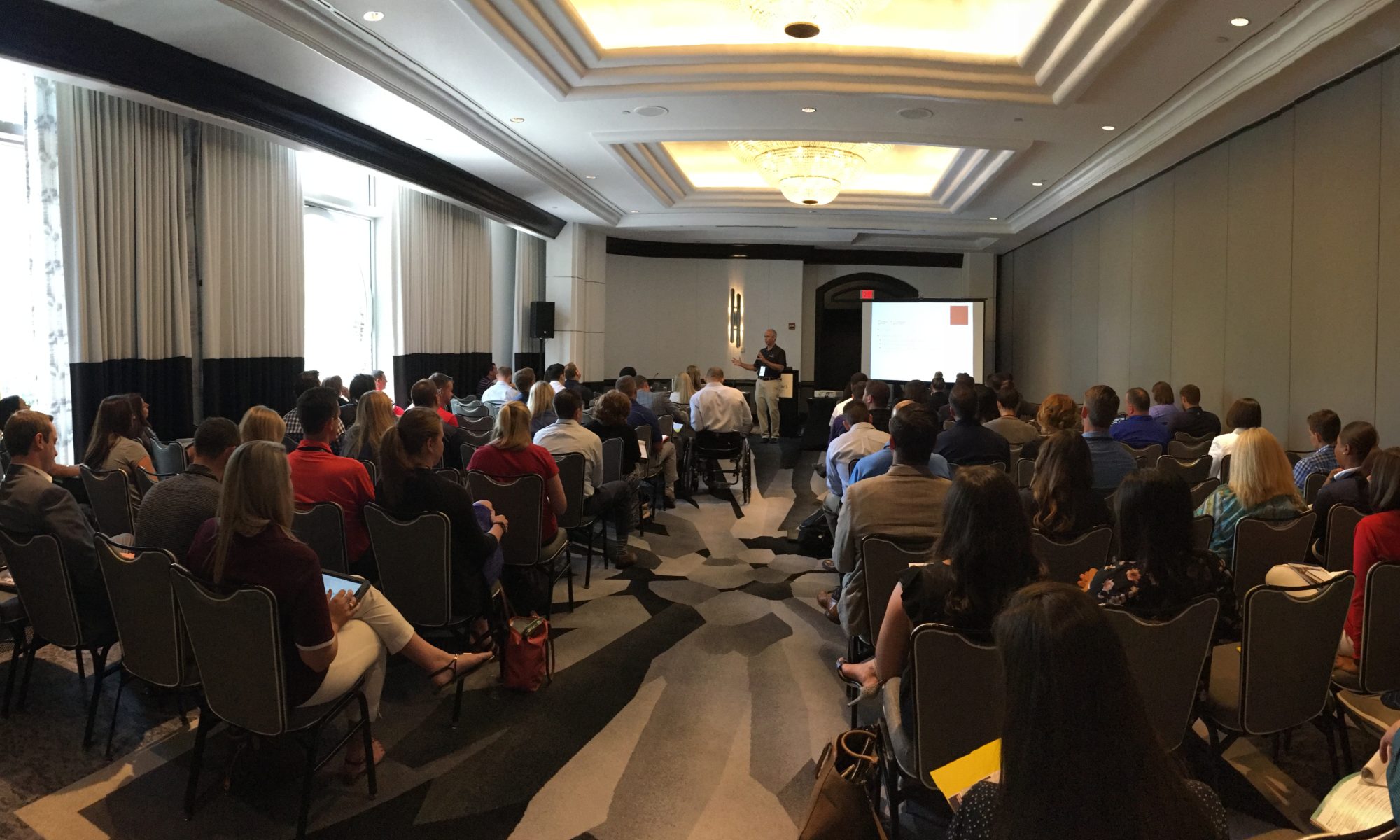Change is sometimes intentional and it is almost always surprising. What I mean is, you don’t have to change everything in order to change everything. Every change – a new employee, a retired or fired employee, a new account, changing offices, an employee has major surgery, someone has a baby or gets married – every change initiates more change.
A new leader comes into lead a team, things have changed.
Leaders recognize that when one thing changes, it affects everything else whether they want it to or not.
Times of change are prime times for:
(1) New Expectations: Leaders understand that change brings enough uncertainty that new expectations need to be communicated. Clear, concise communication about what has not changed, i.e. mission, vision and purpose for instance. With change comes the need to understand what is new and what remains or else people will feel like “everything” has changed.
(2) Training: when a new leader arrives or you land a huge new account, bring in a trainer or coach. People are more open to learning when things have changed. Especially, I think, in the case of a new team leader. There are too many questions to leave forward progress to chance. Peak performance doesn’t “just happen.” Get everyone together and let a Coach lead the team through a proven process so that you don’t lose time experimenting to gain traction.
(3) Prioritizing Relationships: during times of change, leaders must get out with their people. Listen. Ask questions. Spend time. Walk slowly. These are not time-wasters but are vital behaviors to create a sense of connection in times of change.
Leaders, be aware of the change taking place when just one thing changes. Let’s talk about how Coaching can help you navigate a change without losing any momentum.
To Subscribe to “Level Up Leadership Tips” click here.
